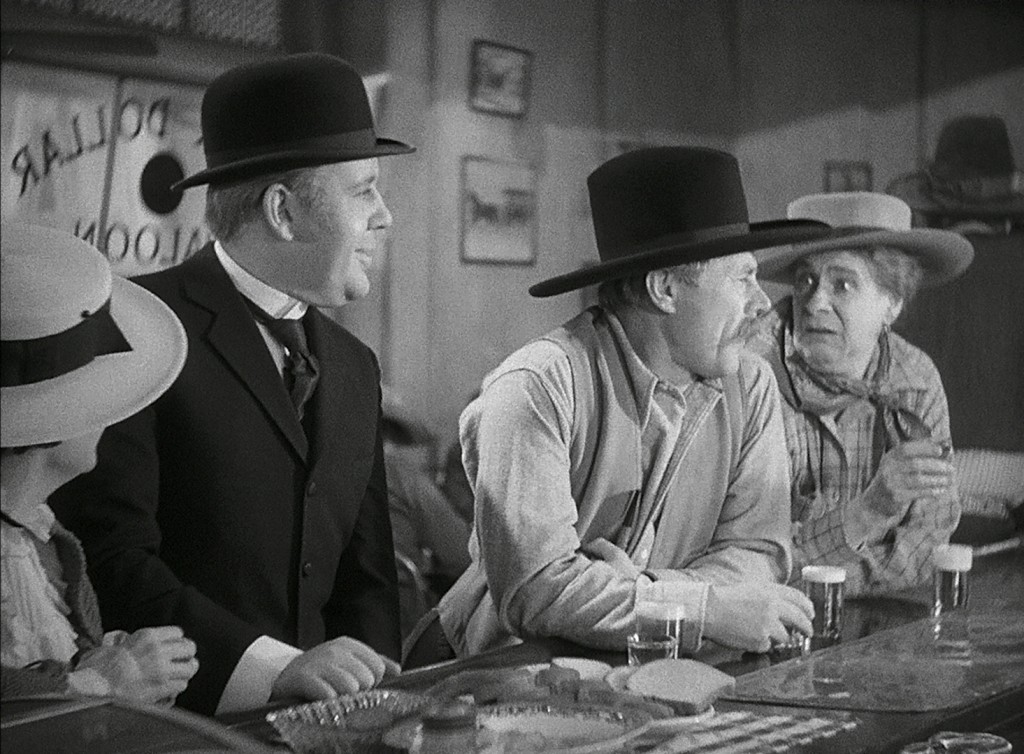Ruggles of Red Gap Review
Originally serialised in 1914, Harry Leon Wilson‘s novel Ruggles of Red Gap would go on to be released as a novel, adapted into a stage play and three films, the films released in 1918, 1923 and 1935. The most famous of these, the 1935 film adaptation directed by Leo McCarey and starring the multi-talented Charles Laughton, has recently received a much deserved Blu-ray release from Masters of Cinema.
Laughton stars as the titular Marmaduke Ruggles, a very prim and proper English butler who is lost in a bet to a rather less prim and proper couple who hail from a remote American boomtown, Red Gap. Ruggles is forced to make the journey to America and so begins the fish out of water story which is at the centre of the plot and the playground for much of the comedy.
The clash between the ever so proper Ruggles and the brash and ill-mannered Egbert Floud (Charlie Ruggles) is a particularly ripe source of amusement and the opportunities taken to have one or both of the characters drunk leads to some of the film’s most memorable comedic moments.
Acting drunk is perhaps one of those ultimate tests for actors, it being something that so often goes hideously wrong and looks absurd, but Laughton more than rises to the occasion and the scene in which he is far more than two sheets to the wind is both hilarious and utterly convincing.
Laughton was a superb actor and Ruggles of Red Gap is a wonderful showcase for his particular skills as a comedy performer. A look to one side or a seemingly casual gesture translates into a lot of laughter and it is no wonder that the Ruggles character has become so synonymous with Laughton.
It is not only in the comedy that Ruggles of Red Gap pays dividends though and it is perhaps no surprise to those familiar with McCarey’s work that there is more depth and tenderness to Ruggles of Red Gap than the class comedy and broad humour may at first suggest.
Climaxing with Ruggles becoming something of a celebrity in the small town of Red Gap, and finding new place for himself in society, McCarey makes clear in the final scenes that Ruggles of Red Gap is a rather intoxicating fable about the ‘American Dream’. Ruggles is seduced by the American belief in self-determination and the chance he has in this new land to reinvent himself. This reaches a head in a memorable sequence in which Ruggles recites the Gettysburg Address to a group of captivated locals. The scene is powerful, mostly due to Laughton’s unfaltering and beautiful delivery of the speech, but also in part down to the understated and appropriate way in which McCarey builds to the sequence and frames the proceedings.
